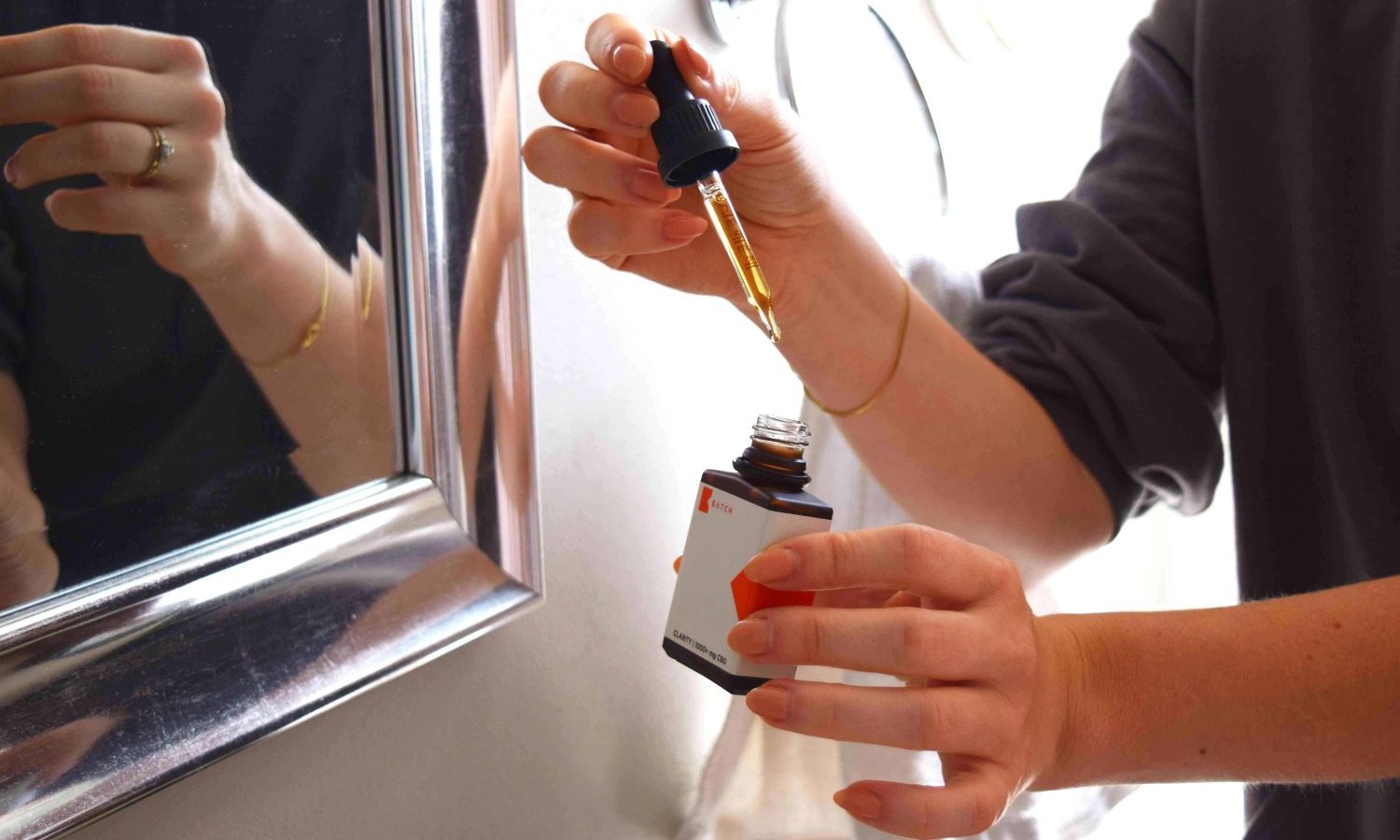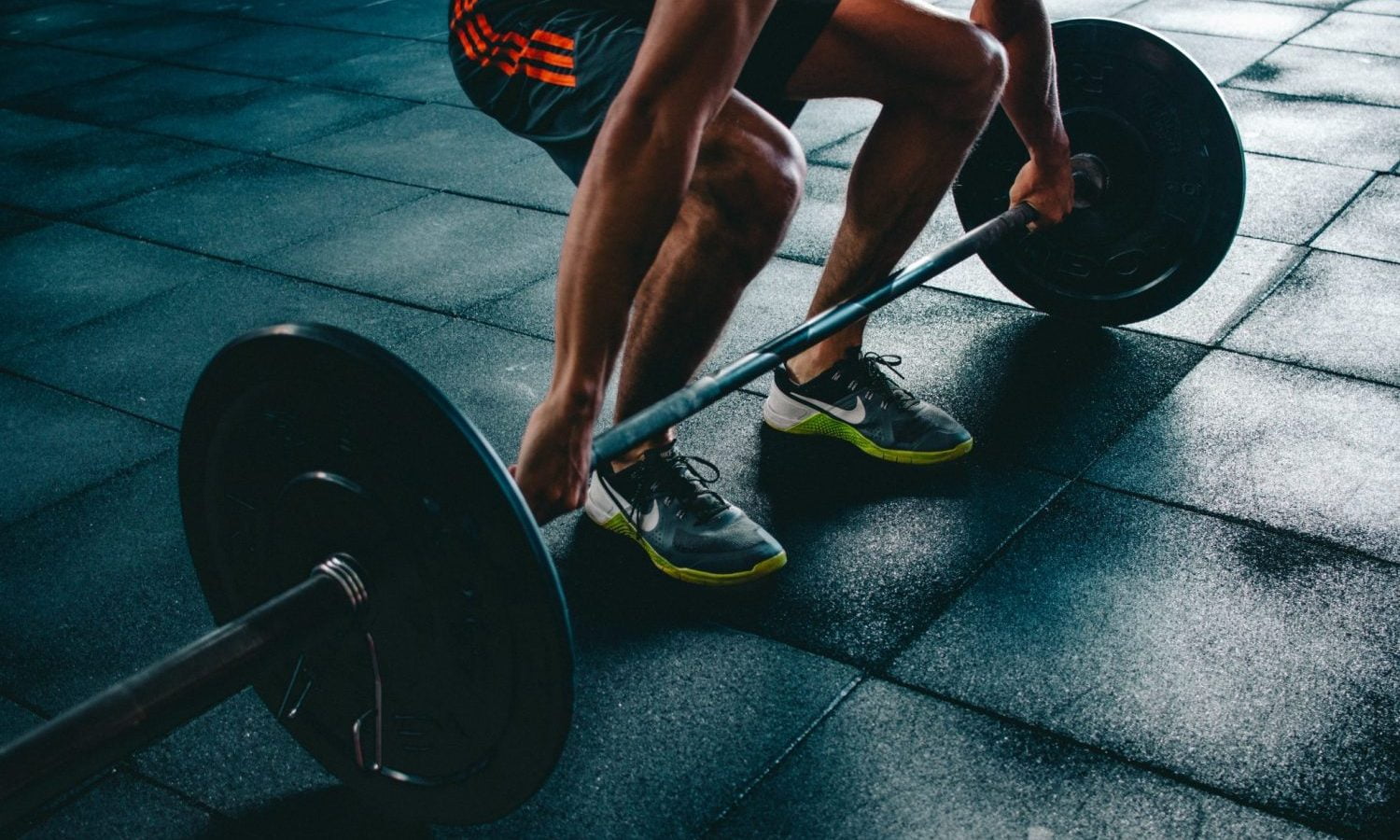Hey Bud specializes in hemp-based skincare—a godsend for combination skin like mine.
Anyone who's been within five feet of me recently has had the absolute pleasure of hearing me complain about my stress acne. About a month ago, I began an arduous move from Boston to New York City, and, having moved around frequently during my adult life, I knew exactly what that transition meant for my skin: Lots of stubborn blemishes on my cheeks, forehead, and chin that take ages to go away and result in hyperpigmentation. At first, I resigned myself to this inevitability, and when I received Hey Bud Skincare's Glow Up Bundle, I thought, "Why not? These products can't possibly make my skin any worse." Lo and behold, they did not make it worse—they made it unbelievably better.
Hey Bud is a vegan, organ, cruelty-free, and gluten-free brand whose products are based in hemp oil, which is derived from the cannabis sativa plant. The brand promises that its products help smooth aging skin and control oil production without stripping skin of its moisture. In short, hemp-based skincare is meant to be the ideal cure-all for combination skin like mine, because it seeks restore balance by moisturizing dry spots and curbing the excess sebum production that results in acne.
Filled with tentative hope, I started by trying the Daily Hemp Gel Cleanser. The lightweight formula definitely made my face feel clean and relieved of its greasiness, particularly after coming back from a workout, but I also didn't feel too dry in the way I sometimes do after using products heavy in salicylic acid. Similarly, the Hemp Moisturizer felt light and dried matte on my face, but also provided substantial moisture.
Hey Bud Daily Hemp Gel Cleanser
Hey Bud Hemp Moisturizer
The next product in the bundle—and the one I was most nervous about trying—was the face oil. Being that I tend to break out when I'm stressed, I didn't want to add any more oil to my skin, but I also know that ultra-dry skin can worsen breakouts by causing skin to ramp up oil production. Plus, the spot treatment I'd been using on my zits was starting to make certain areas of my skin flake, so I needed a moisture boost fast.
The face oil was a perfect option. It's rich enough to feel luxurious and heavily moisturizing, as intended, but it also doesn't make me look shiny or leave residue on my pillow when I go to bed. Personally, I like it best for use at night, as a follow-up to the thick Hemp Clay Mask.
Speaking of the mask, it is very much a clay mask in that it's thick, creamy, and oil-reducing. I recommend ensuring that your face is nice and moisturized before using the mask, or your skin will sting, but when your face (or back, or chest, or anywhere) is feeling particularly oily, this mask is an excellent option. I felt like I was giving my skin a fresh, clean new start after wiping it off. The mask also comes with a cute little brush so that I don't have to poke at my face with my fingers when I apply the formula once a week.




